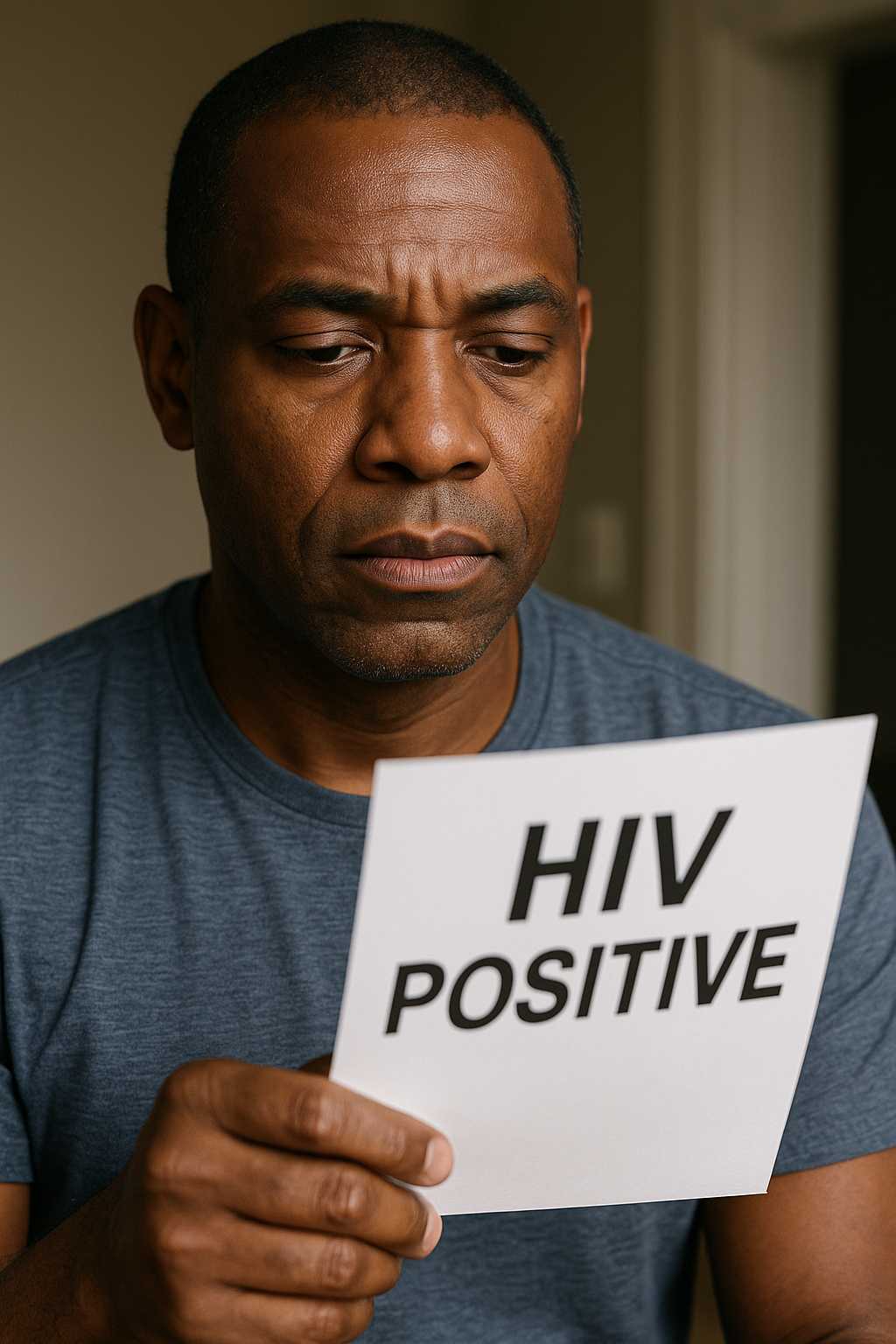Knowing when you need to disclose your HIV status can be confusing and emotionally challenging. But understanding your rights and responsibilities is essential—not just for legal protection, but also for your physical and emotional well-being. So where do you have to disclose your HIV status, and what does the law actually require?
Let’s explore the legal, ethical, and practical aspects of disclosure in healthcare, relationships, employment, and beyond.
Table of Contents
- Healthcare Providers
- Sexual Partners
- Employers
- Schools and Public Institutions
- Travel and Immigration
- Legal Considerations and State Laws
Healthcare Providers
When it comes to your doctors, dentists, and other healthcare professionals, disclosure is generally recommended—not just for their safety, but for your care. HIV-positive individuals have unique health needs, including potential drug interactions and complications that must be managed.
While federal law does not mandate disclosure to all healthcare workers, many state and local regulations encourage it. Furthermore, your medical confidentiality is protected under the Health Insurance Portability and Accountability Act (HIPAA), so anything you share with your provider remains private.
Disclosing your status can also give you access to support services, specialized care, and financial assistance programs available through public health departments or clinics.
Sexual Partners
Disclosing your HIV status to sexual partners is not just a matter of trust—it’s a legal obligation in many U.S. states. More than 30 states have laws requiring HIV-positive individuals to inform sexual partners of their status before engaging in sexual activity.
Failing to do so can result in criminal charges, even if protection was used or transmission did not occur. However, laws vary significantly. Some states allow exceptions if the HIV-positive individual uses protection or has an undetectable viral load.
It’s important to check the specific laws in your state. The Center for HIV Law and Policy offers an updated resource on state-by-state disclosure laws.
Employers
In most cases, you are not legally required to tell your employer about your HIV status. The Americans with Disabilities Act (ADA) prohibits discrimination based on HIV status and ensures that individuals living with HIV are treated fairly in the workplace.
However, if you need accommodations—such as time off for medical appointments—you may need to disclose your status to Human Resources or a designated official. All disclosed information must remain confidential by law.
Certain professions with a risk of blood exposure (such as some surgical roles) may have different rules, depending on state health regulations. But these situations are rare and usually evaluated individually.
Schools and Public Institutions
Students and faculty are generally not required to disclose their HIV status in educational settings. The Family Educational Rights and Privacy Act (FERPA) and the ADA offer legal protections to ensure that people living with HIV are not unfairly treated or outed without consent.
Even in settings like college dormitories or athletic programs, disclosure is typically not required unless a specific medical concern arises that demands shared responsibility or intervention.
Travel and Immigration
For international travel, the U.S. no longer restricts entry based on HIV status, and most countries have dropped similar bans. However, some nations still have limitations or require disclosure, especially for long-term visas or immigration purposes.
Before traveling or applying for residency abroad, check the latest updates from the Global Database on HIV Travel. In immigration cases, HIV status may impact eligibility for certain health-based waivers or public benefit requirements.
Legal Considerations and State Laws
Legal obligations around HIV disclosure depend heavily on where you live. Some states have harsh penalties, while others have modernized their laws in line with current scientific understanding of HIV transmission.
According to the CDC and various advocacy organizations, many existing laws are outdated and do not account for undetectable = untransmittable (U=U) standards, which significantly reduce or eliminate transmission risk.
To avoid potential legal issues:
- Know your state’s laws about disclosure.
- Keep records of disclosure when appropriate.
- Consider speaking with a legal aid organization for advice.
For help navigating these laws, visit Healthcare.pro, where you can find licensed professionals and legal advisors who specialize in HIV-related cases.
Conclusion
Disclosing your HIV status is a deeply personal decision, but in some cases, it’s also a legal necessity. While you’re not required to share your status with everyone, knowing where and when you are obligated to disclose can protect both you and others.
Whether it’s with a sexual partner, healthcare provider, or government agency, staying informed gives you power—and peace of mind.
Frequently Asked Questions
Do I have to tell my employer that I have HIV?
No, you are not legally required to disclose your HIV status to your employer unless you are requesting accommodations.
What happens if I don’t tell a sexual partner I have HIV?
In many states, failure to disclose before sexual activity can lead to criminal charges, even if transmission does not occur.
Can I be denied healthcare for having HIV?
No, it is illegal for healthcare providers to deny care based on HIV status, and you are protected under federal law.
Do schools need to know about my HIV status?
In most cases, disclosure to schools is not required unless there is a medical reason necessitating it.
Are there countries I can’t visit if I have HIV?
Most countries no longer ban travelers with HIV, but some still have restrictions. Check local regulations before traveling.
This content is not medical advice. For any health issues, always consult a healthcare professional. In an emergency, call 911 or your local emergency services.




